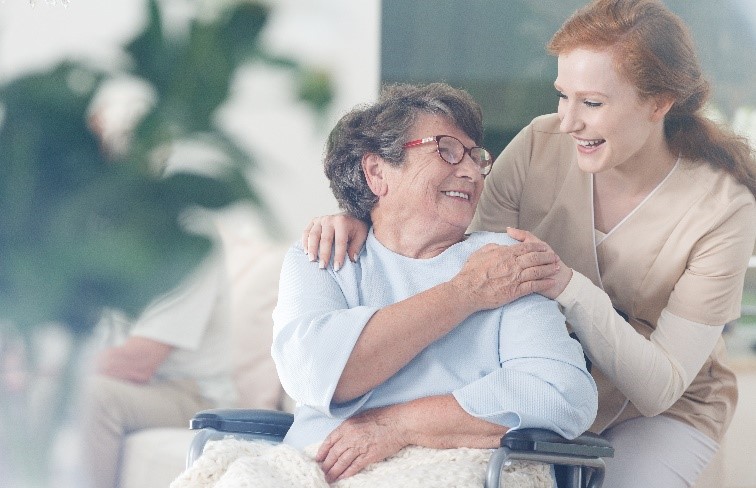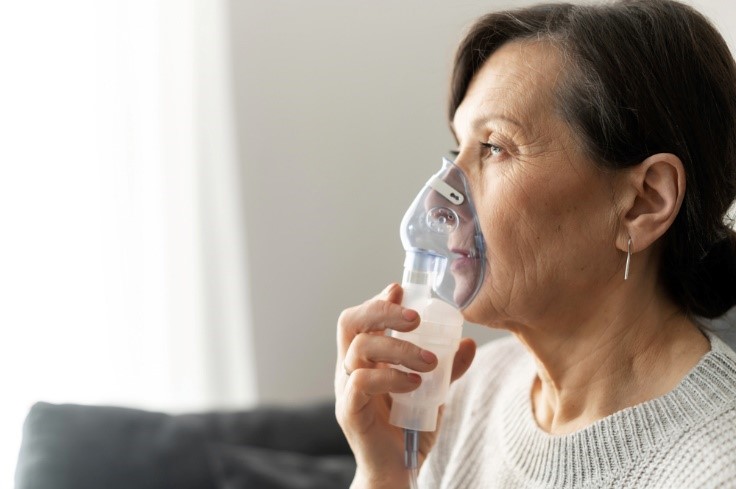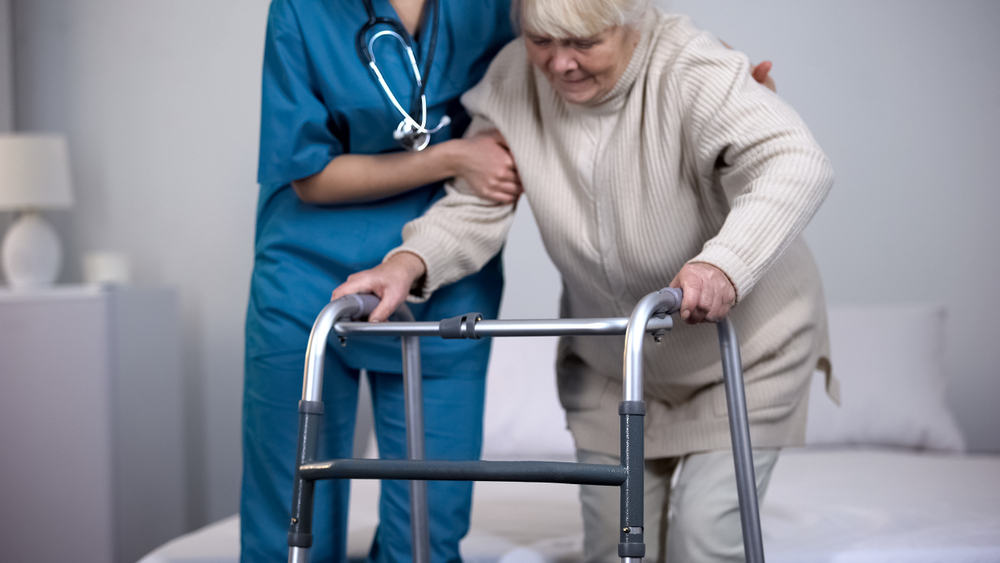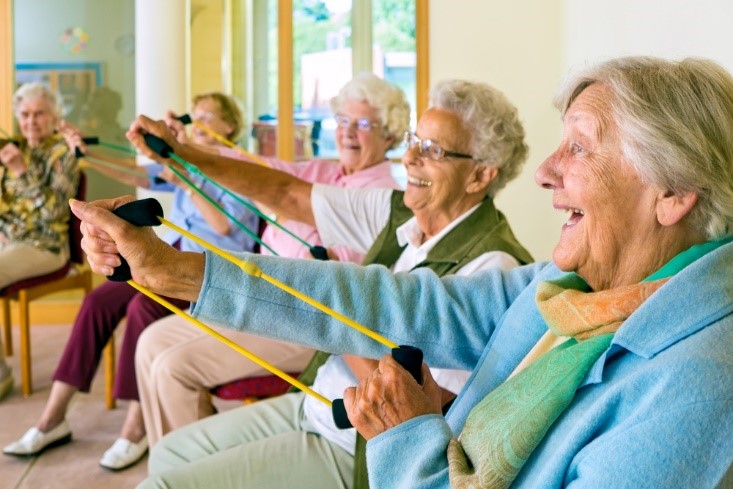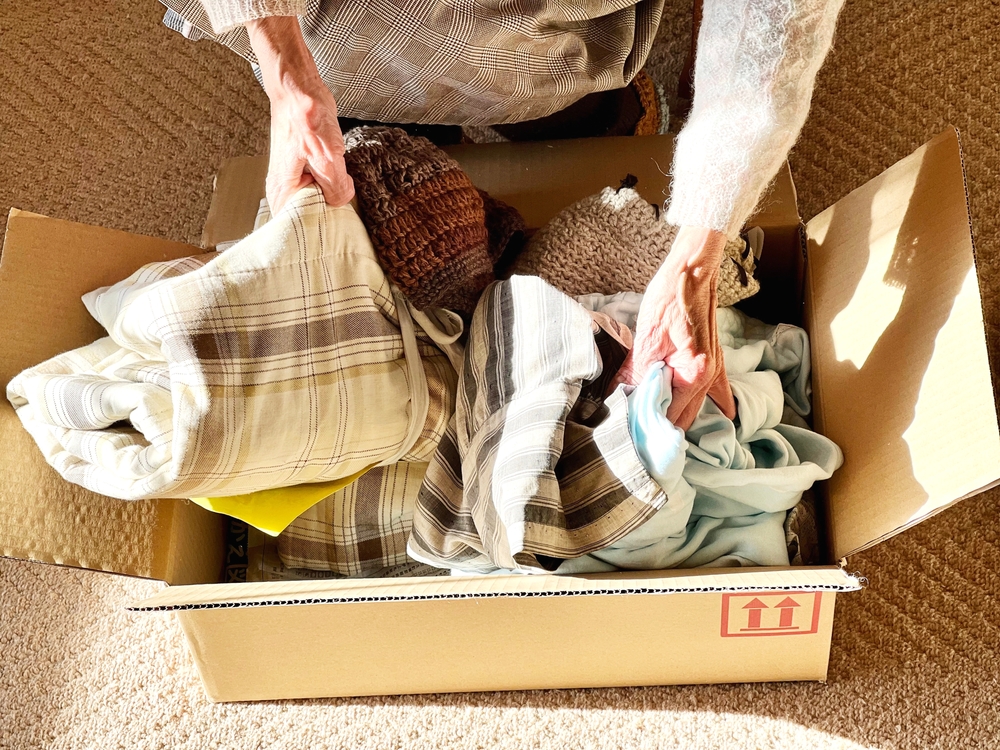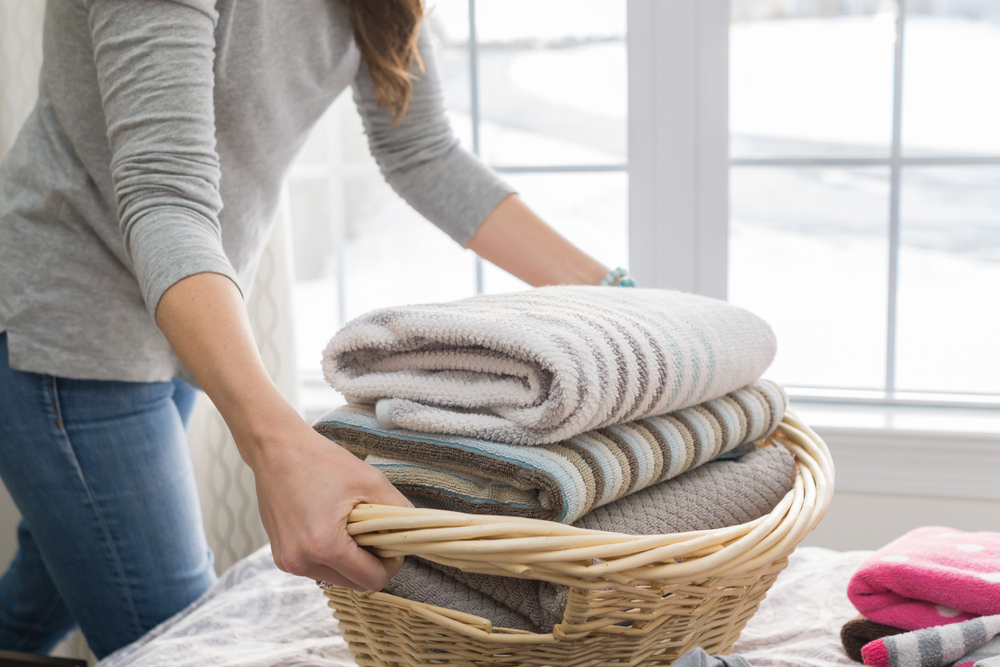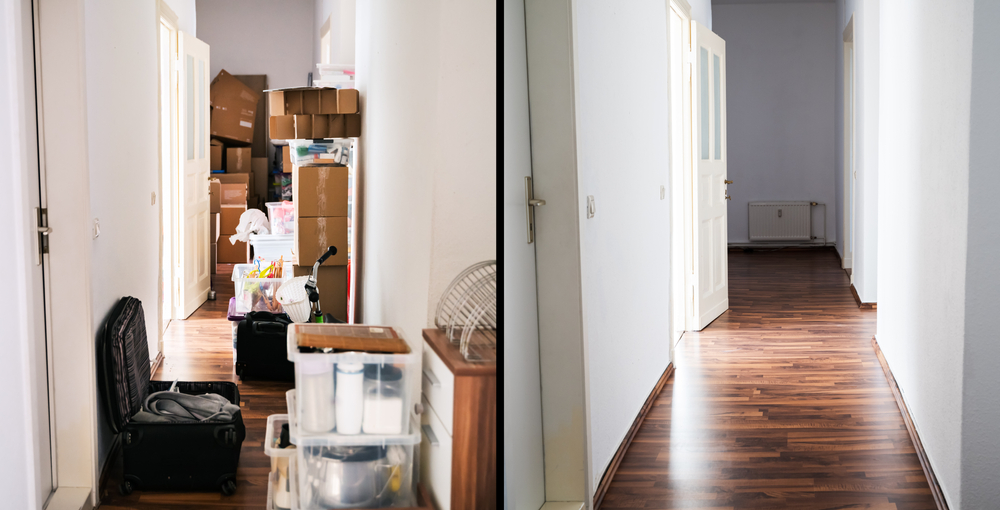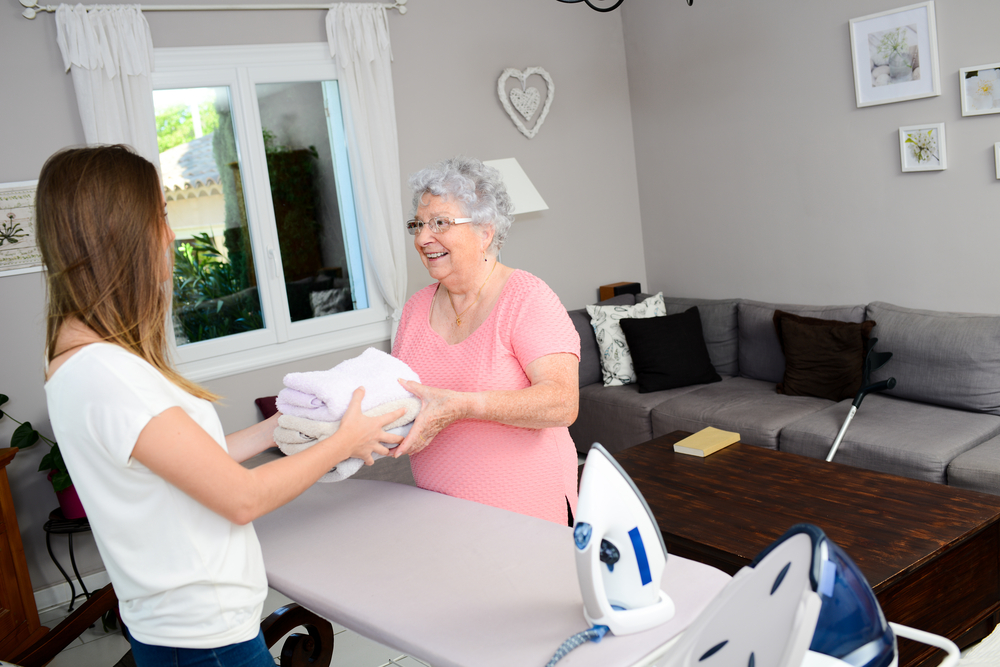Do you want to keep your blood sugar steady but are not sure how? Stress not! Firstly, you just have to focus on having a balanced, lower glycemic diet. Secondly, you also need to keep track of what and how much you eat, because eating healthy is an extremely important factor in maintaining healthy blood sugar levels. To help you understand better, we have compiled some important things that you need to consider if you’re a diabetic patient. Scroll down to read more.
1. Foods to Eat as a Diabetic Person

If you have diabetes and high blood sugar levels and wish to maintain a healthy lifestyle, here are some foods that can help you lower your blood sugar levels.
- Fatty fish: Salmon, sardines, herring, anchovies, and mackerel
- Leafy greens: Spinach, kale, chard, lettuce, etc.
- Avocados
- Chia seeds
- Broccoli
- Flaxseeds
Related: “Best Nutritional Foods to Improve a Senior’s Diet”
2. Foods to Avoid if You Are Diabetic
Diabetes can affect almost every part of your body without you even realizing it. Therefore, it is necessary to pay close attention to the food you eat. To help you understand better, we have listed some food items that you must avoid in order to maintain a healthy blood sugar level naturally.
- Sugar-sweetened beverages
- Trans fats, white bread, rice, and pasta
- Fruit-flavored yogurt
- Sweetened breakfast cereals and coffee drinks
- Honey agave nectar and maple syrup
- Dried fruit
Related: “The Hypertension Diets for Seniors”
3. Exercising
We have all heard this quote: “Health is wealth”. Exercising regularly helps in improving your health while maintaining a healthy weight. Drinking plenty of water can also add benefits to your health. So, if you want to stay healthy, start off by exercising. Even simple activities can make a big change to a sedentary lifestyle.
4. Must Have Medical Devices
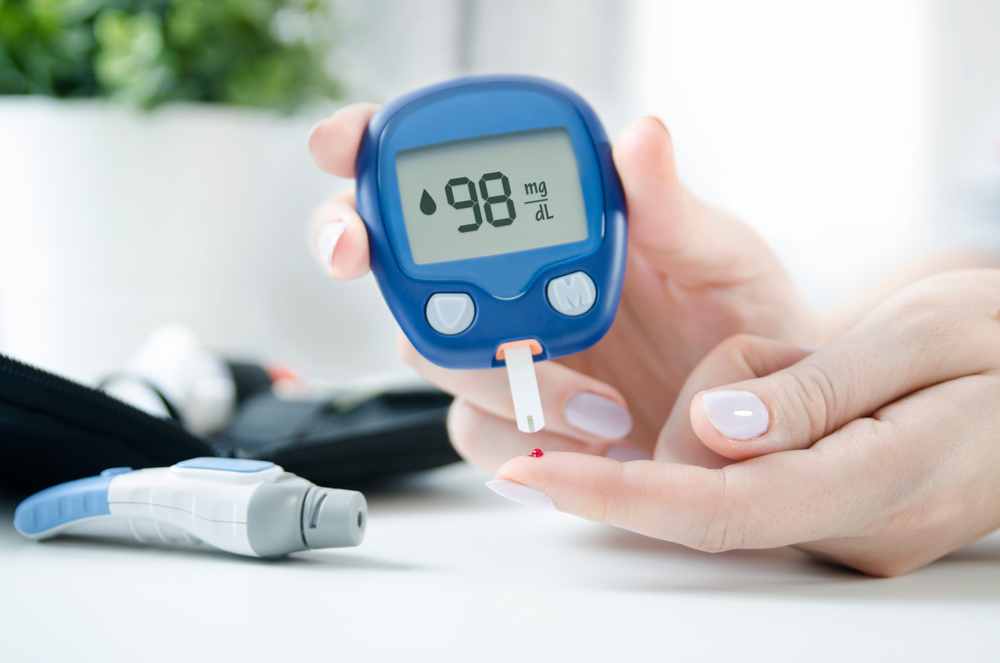
Nowadays, there are many diabetic devices available on the market. These devices are easy to use and less invasive. So, purchasing these devices will not only help you monitor your sugar level while sitting at home, but will also keep track of your blood level. Some of the best devices are listed below.
- Ketone monitor
- Blood glucose monitor
- Continuous glucose monitor
- Insulin pumps
- Smart insulin pens
- Diabetes management apps
5. Expert Advice
Though we understand that diabetic devices are super handy, consulting with a diabetes specialist is also very important at the same time. These experts can provide you with the best diabetes treatment based on your condition, diabetes level, and type. So, if you haven’t visited a healthcare professional for your diabetes treatment yet, we recommend you do so.
Related: “Home Care Help for Diabetic Seniors”
The Bottom Line
We hope the above advice helps you in maintaining your diabetes. If you need professional and friendly diabetes senior care in Wilmington, NC, look no further than Home Instead Senior Care. Visit our website or give us a call at (910) 342-0455 to learn more about our services.
